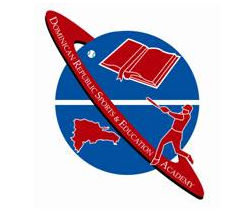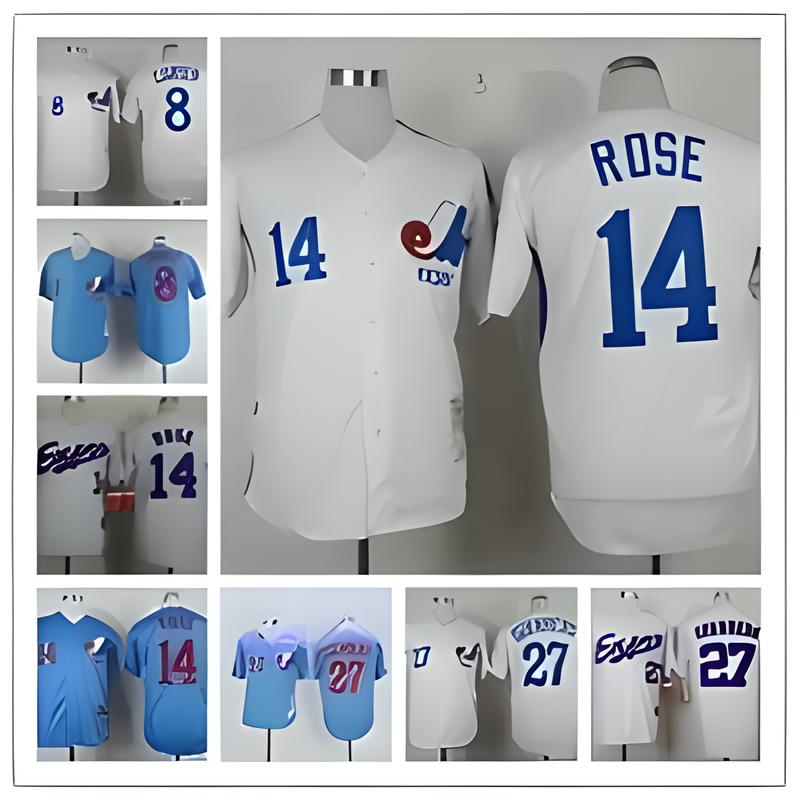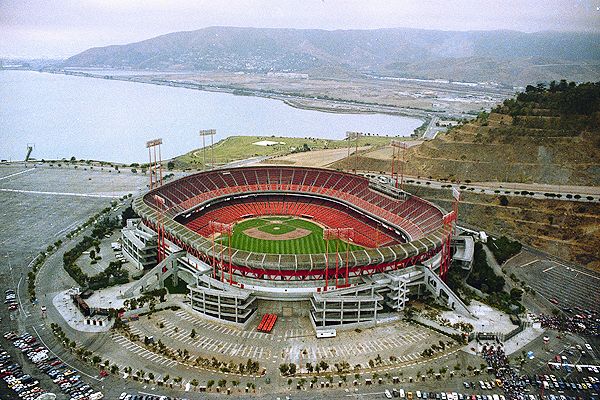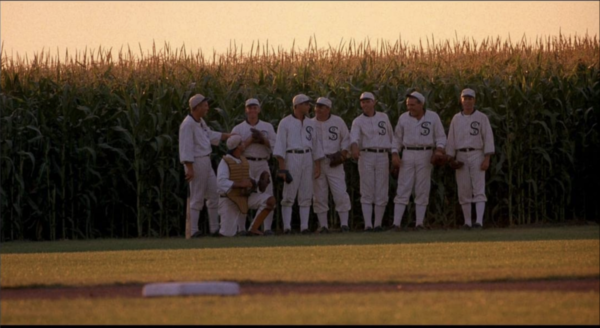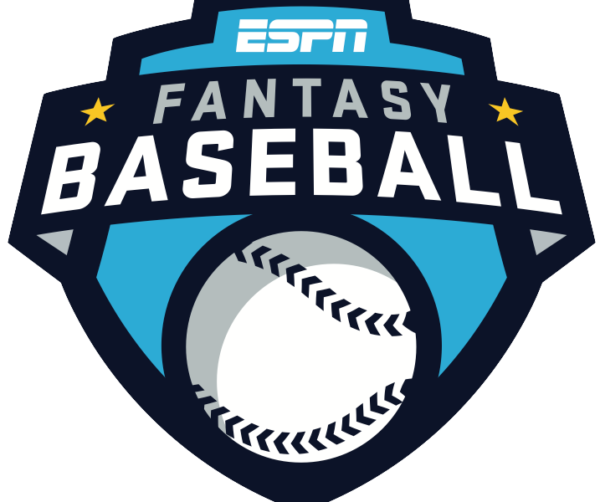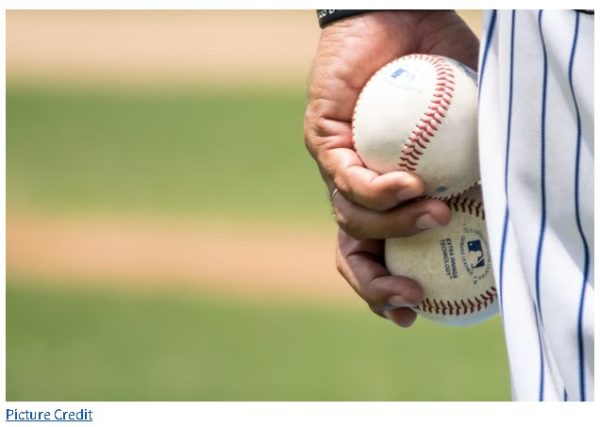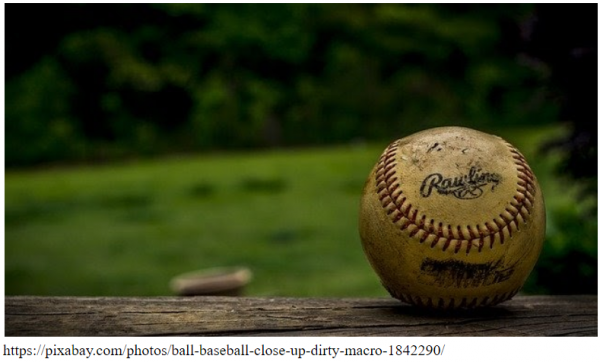Taken from: Volume IV, Issue 2: A Publication For Your Reading Enjoyment
Major League Baseball has taken important steps towards providing education for prospects in baseball academies in the Dominican Republic.
The initiative was actually formulated and approved last fall and parts of the plan are expected to be put into effect soon, according to Sandy Alderson, the chief architect of the reform movement in the Dominican Republic, initially launched to address problems in Dominican baseball including age and identify fraud, steroids usage and money skimming. Alderson, now general manager of the New York Mets, said of the program, which will be mandatory for each team, “I think it provides an important starting point for improving educational opportunities for prospects, players and former players in the DR.”

Back in 2000, when I led a delegation to the Dominican Republic at the behest of Major League Baseball to take a look at academy conditions, I concluded in a report to MLB that education needed to be fundamental, so I applaud baseball for taking steps now to introduce mandatory education into its academies. And, while I am not privy to how the plan will be implemented and in what form, I am hopeful it will be broad in scope and include many of the following aspects:
- Communication Skills: Many of the young players in the academies not only don’t speak English, they also have poor Spanish language skills. I think a goal needs to be to improve the language competency of those athletes who lack adequate proficiency and to improve interpersonal communications skills. And while developing English language skills is desirable, I think it needs to be “Baseball English” that goes beyond language of the diamond, but also language they can use in everyday life – like how to order in a restaurant, purchase clothes or groceries, ask directions, and the like.
- Critical Thinking: These are young teenagers who suddenly are in positions of tremendous responsibility, often with the hopes and dreams of their families resting on their shoulders. They need to develop skills in conceptualizing, analyzing, evaluating and applying information that they are exposed to, to make them better able to handle a multitude of decisions that will be coming their way as they mature. People who think critically tend to use their intellectual tools to approach life decisions rationally and reasonably. Also, given that baseball is such a cognitive sport, it will improve their chances of success in the game.
- Financial Planning: In a very short period, these young athletes often find themselves with lucrative signing bonuses and professional contracts, totally unprepared to manage their new riches. Lack of guidance, misuse of funds, and poor investment decisions have led many players literally to the poorhouse. They need to learn money management, savings and investment options.
- Computer Skills: If you don’t know your way on the information highway you are going to find yourself on an off ramp to nowhere. Computer skills are essential today. Computers can also supplement other factors in any education initiative since many language and other helpful programs are available by computer. Internet familiarity is also important.
- Life Skills: Many young athletes are quickly introduced to the fast-paced lifestyle of professional sports without the proper life skills to deal with the pace and pressures. They may also be unfamiliar with the rules of social comportment. They need to learn to cope with their new standard of living and how to avoid potential pitfalls. They need to learn survival skills such as time management, anger management, health and nutrition, the evils of drugs, alcohol and gambling, anti-exploitation, and maybe even things like basic cooking, and how to do laundry.
- Options After Baseball: The vast majority of prospects in Dominican academies will never play in the major leagues. And even those who do will inevitably be faced with a time when they must hang up their cleats. Players need to learn about options after baseball, both in the sports industry and outside. They also need to be taught about understanding the Major League system, about contracts, legal terms and obligations. They need to learn long-term financial planning, budgeting and personal organization.
The majority of these suggestions were included in the report I made to Major League Baseball more than 10 years ago. Now, an educational initiative is finally on its way.

